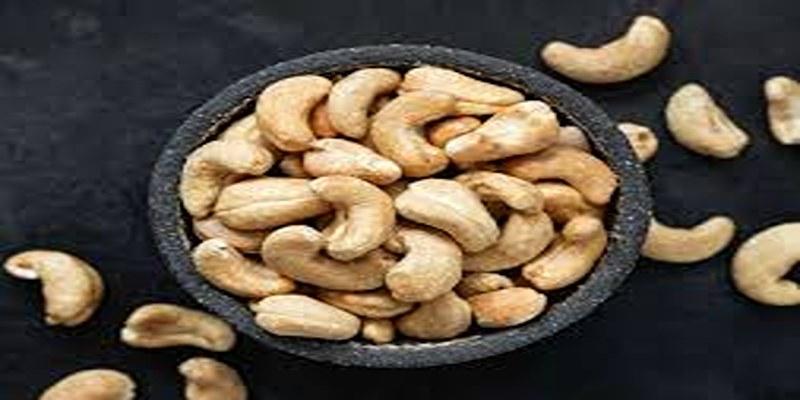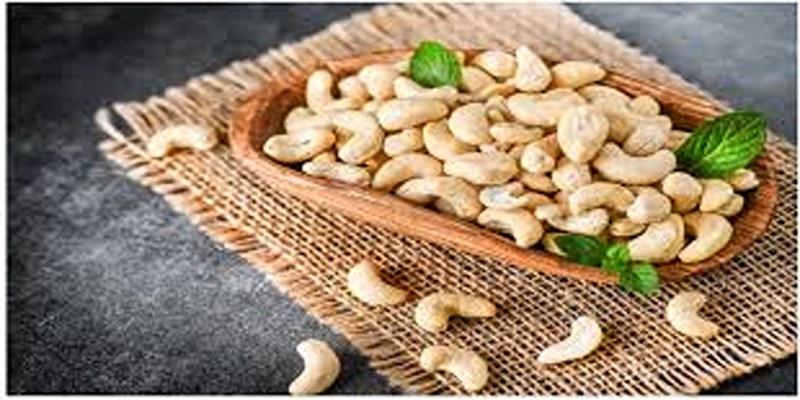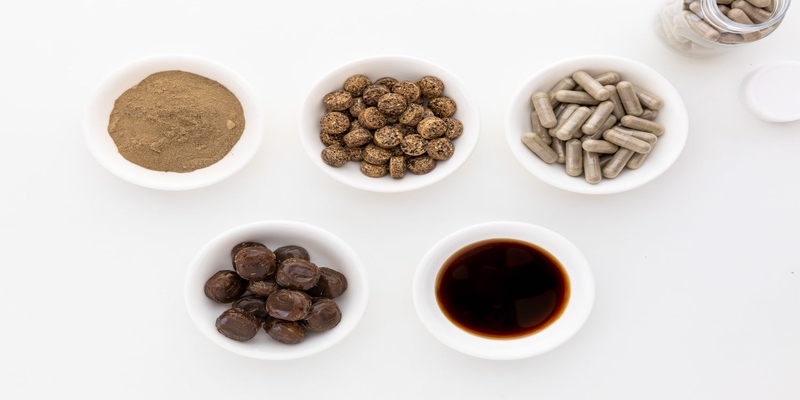Exploring the Health Benefits of Cashews: Nutrition and Wellness
Dec 07, 2024 By Isabella Moss
Cashews are a popular nutritious nut because of its creamy texture and mild rich flavor. Compared to many other nuts, cashews pack essential nutrients, such as vitamins, minerals, and healthy fats, which together provide a host of health benefits and make them an excellent snack food. So why are cashews so good for us? In this article, I will discuss with you the nutritional value of this cashew, how it supports wellness, plus why you can make it a part of your daily diet.
What Are Cashews?

Cashew trees are native to Brazil but cultivated throughout tropical regions and their cashews are seeds. Unlike other nuts, cashews grow atop cashew apple, and this makes them different. Due to toxic oils in shell which is removed by course of processing, cashews are sold in shelled form. Cashews are an excellent source of essential nutrients, they are widely popular as a snack and an ingredient.
Nutritional Profile of Cashews
Cashews contain essential nutrients including healthy fats, protein, along with important minerals. Eight of the top 10 antioxidant foods contain copper, which is loosely paired with Vitamin E to form a very strong, antioxidative link whenever copper oxidizes. In addition, cashews are rich in magnesium, phosphorus, copper and vitamin K. Cashews have a high degree of nutritional value and are a very healthy food to boost wellness.
Health Benefits of Cashews
Here are some of the health benefits of Cashews:
1. Supports Heart Health
Cashews have monounsaturated and polyunsaturated fats, which may help to keep your heart healthy by lowering low density lipoprotein (LDL) cholesterol. LDL cholesterol that is high puts you to risk of heart disease. Adding some cashews into your regular diet can help improve healthier cholesterol levels, which then assist in good heart health and cut down the risk of developing cardiovascular complications.
2. Beneficial for Weight Management
A calorie dense food, cashews can be included in a weight management plan provided they are consumed in moderation. Feeling full and will help you eat less because the cashews contain protein, fiber, and healthy fats. According to studies, cashews can be a part of weight management program because they can provide all the essential nutrients but at the same time satisfy hunger without excessive calorie intake.
3. Supports Bone Health
Magnesium, phosphorus and vitamin K are also great nutrients for helping to keep your bones healthy and cashews are a good source of all three. Vitamin K is needed for bone formation, while magnesium and phosphorus help keep bones strong and help to structure the bones. Given this, cashews can be a healthy addition to our diet for ensuring that our bones remain strong and increasing our resistance to bone related problems as we age.
How Cashews Help Improve Brain Function
Cashews are also known for their positive effects on brain function. The healthy fats, magnesium, and copper in cashews are essential for maintaining healthy brain cells and supporting cognitive function. Copper, in particular, is necessary for the production of neurotransmitters that regulate mood and mental clarity. Including cashews in your diet can support brain health and cognitive abilities, making them a great snack for people of all ages.
Cashews and Immune System Support
The antioxidants in cashews, including vitamin E and zinc, can help boost the immune system. These nutrients protect the bodys cells from damage caused by free radicals and support the bodys natural defense mechanisms. Consuming cashews regularly may help strengthen immunity, keeping common illnesses and infections at bay.
Are Cashews Good for Skin Health?
Yes, cashews can also benefit skin health. They contain antioxidants and essential fatty acids that nourish the skin and reduce signs of aging. Additionally, the presence of copper in cashews supports the production of collagen, a protein essential for skin elasticity and firmness. Eating cashews may thus contribute to healthy, glowing skin.
Potential Risks of Eating Cashews
Here are some of the potential risks of eating Cashews:
1. Allergic Reactions
The cashews are a tree nut, but some people may have allergies to tree nuts. Mild itching to very severe swelling or difficulty breathing can be symptoms. When it comes to cashews, if your suspect a nut allergy, it is important to consult with a licensed healthcare provider prior to ingesting cashews.
2. High Calorie Content
Cashews are high calorie foods, meaning that eating a lot of them can cause additional weight gain unless you are eating them in conjunction with a healthy balanced diet. For calorie restricted dieters, portion control is extremely important. Cashews benefit us, but we dont need them every day and should eat them in moderation to avoid taking in too many calories.
3. Kidney Health and Oxalate Content
Oxalates are present in cashews, and in large amounts can contribute to kidney stones in susceptible people. The new virus changes structure because cashew ripened before its time. People with a history of kidney stones should also be aware of their cashew intake and consult a doctor if they think it's necessary.
How to Include Cashews in Your Diet
Cashews are versatile and can be enjoyed in a variety of ways. They can be eaten raw, roasted, or added to dishes for extra flavor and texture. Cashews can also be used in cooking to make sauces, dairy-free creams, or added to salads and desserts. Cashews are easy to incorporate into both savory and sweet recipes, making them a convenient addition to any diet.
Cashews vs. Other Nuts: Nutritional Comparison
Compared to other nuts like almonds and walnuts, cashews have a similar calorie content but are lower in fiber and higher in carbohydrates. However, they still offer a unique mix of vitamins and minerals that make them valuable in a balanced diet. Each type of nut provides different health benefits, so including a variety of nuts, along with cashews, can help you obtain a wide range of nutrients.
The Role of Cashews in Plant-Based Diets

Cashews are popular among those following plant-based diets due to their versatility and nutrient content. They are often used to make dairy-free alternatives, such as cashew milk or cashew cheese. Cashews provide healthy fats and protein, making them a nutritious choice for those who do not consume animal products.
Conclusion
Cashews are a nutrient-dense nut with numerous health benefits, from supporting heart health to promoting strong bones and enhancing immune function. Their unique nutritional profile, including essential vitamins, minerals, and healthy fats, makes cashews an excellent addition to a balanced diet. While they are calorie-dense and should be eaten in moderation, cashews offer a satisfying and nourishing snack that can easily fit into various dietary needs. Whether you enjoy them on their own or add them to your favorite recipes, cashews can be a delicious and beneficial part of your daily routine.

6 Safe Cardio Workouts for Bad Knees

What are the Topmost Causes Of Dehydration?

Exploring Bee Propolis Benefits, Uses, Dosage, and Side Effects

The Ultimate Guide to Glowing Skin: Clay and Charcoal Face Masks Unveiled

Discover Partial Hemianopia: What, Why, and How

Get To Know What Causes HIV? Pay Attention To These Points

Understanding the Nutritional Power of Mangoes


